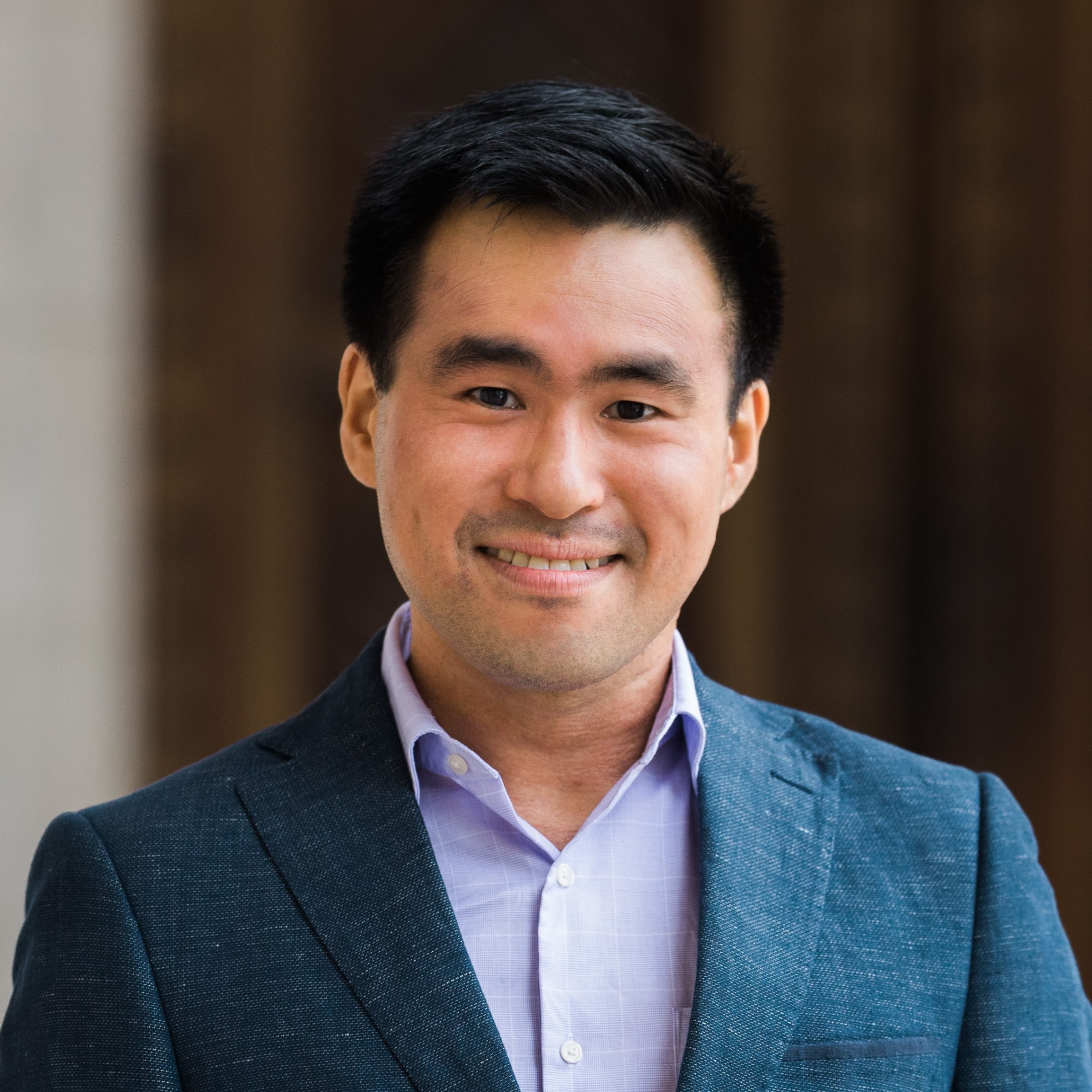Dr Wei Yeh is a post-doctoral research fellow in the Department of Neuroscience, School of Translational Medicine, and neurologist in the Multiple Sclerosis and Neuroimmunology (MSNI) Service, Alfred Health. Dr. Yeh’s research is driven by his background in clinical neurology, witnessing how MS can affect patients and their families and wanting to further knowledge through research. He enjoys collaborating with colleagues who contribute a wide range of knowledge and experience to learn and problem-solve as a team.
